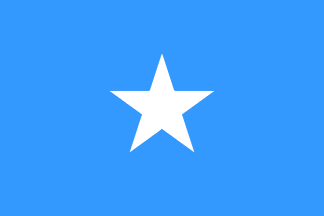It’s difficult to say how the Somalia as a libertarian paradise meme started, but suffice to say, it’s been spread around quite a bit. However, Somalia has a long history of being controlled by imperialist and tyrannical interests. Even still, when Somalia did finally end up in a state of anarchy in 1991, there were marked improvements in key social and economic indicators.
[extoc]
Well is it wrong?
Environment
Imperialism
Tyranny
Improvement under Anarchy
Further Reading
1. Leeson Peter T (2007), Better off stateless: Somalia before and after government collapse, Journal of Comparative Economics, 35: 689–71
2. Anarchy Unbound: Why Self-Governance Works Better Than You Think (Cambridge Studies in Economics, Cognition, and Society) Hardcover

